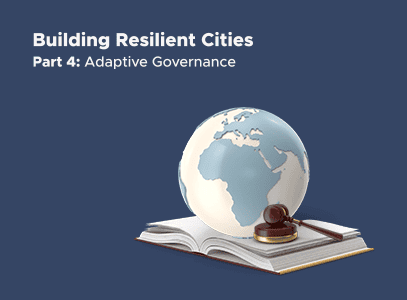Education Reform in Liberia, West Africa on Covid, and More: Links Roundup February 2020
“The cedi is the best-performing currency in the world in 2020, investors fell over their feet to buy into the nation’s $3 billion Eurobond issue and foreigners are piling into the country’s local-currency debt. Investors who worried last year about spending ahead of an election scheduled for December are now lauding the government for fiscal prudence and financial reforms.” Investors are increasingly bullish on Ghana.
“‘Some people think I’m crazy,’ Nkoloso told a reporter for the Associated Press. ‘But I’ll be laughing the day I plant Zambia’s flag on the moon.'” The New Yorker tells the story of a short-lived Zambian moonshot during the Cold War.
CCI’s Executive Director Mark Lutter was interviewed by El Nacional in Barcelona about what it takes to build new cities from scratch.
Quartz Africa reports on a major education reform in Liberia: “The Partnership Schools for Liberia (PSL), now called the Liberian Education Advancement Partnership (LEAP), handed the operation of 93 public schools to a group of eight private organizations, including a mix of both for-profit companies and non-profit charities, as well as local and international organizations.”
Yomi Kazeem on how West Africa can use its experience with Ebola to respond to coronavirus: “Compared to 2014, there are already far more African countries capable of testing and diagnosing COVID-19 samples. Last week, the number of laboratories in Africa able to test samples of the virus had tripled with Ghana, Madagascar, Nigeria and Sierra Leone joining a short list that previously only included Senegal and South Africa.”
Scott Sumner discusses the macroeconomic effects of India’s 2016 demonititzation of all 500 and 1000 rupee notes: “These were worth roughly $7.50 and $15, but are considered large denomination in a low-income country like India. The goal was to reduce corruption, and the experiment was widely seen to have failed.”
The World Bank’s chief economist has resigned after just 15 months in the job.
Nolan Gray shares an interesting time lapse of historical population density in the United States.
The fascinating story of Benin City and how it completely disappeared from history: “In 1691, the Portuguese ship captain Lourenco Pinto observed: “Great Benin, where the king resides, is larger than Lisbon; all the streets run straight and as far as the eye can see. The houses are large, especially that of the king, which is richly decorated and has fine columns. The city is wealthy and industrious. It is so well governed that theft is unknown and the people live in such security that they have no doors to their houses.”
Be sure to check out the program and speaker list for our upcoming Charter Cities Conference next month in Johannesburg. We hope to see you there!
As always, thanks for reading – talk soon.
Jeffrey Mason
Research Associate, Charter Cities Institute
Sign up for our twice-monthly newsletter here!







